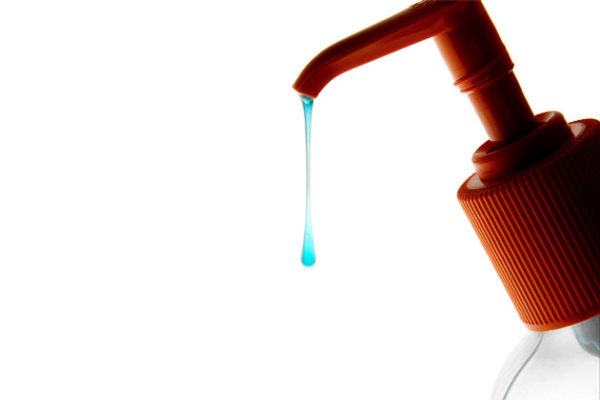It is cold and flu season again, time to take out your tissue boxes, tea packets, and hand soap.
But it turns out that antibacterial hand soap may not be so helpful in preventing the spread of germs. According to lead microbiologist at the U.S Food and Drug Administration, Colleen Rogers, Ph.D, “There currently is no evidence that over-the-counter antibacterial soap products are any more effective at preventing illness than washing with plain soap and water.”
Thus on Dec. 16, the FDA issued a mandate requiring manufacturers to provide substantial data demonstrating the safety and effectiveness of antibacterial soaps.
This proposal does not include hand sanitizers, hand wipes, or antibacterial soaps that are used in health-care settings such as hospitals and clinics.
Also, there are some health concerns regarding the ingredients of antibacterial, antimicrobial and antiseptic soaps, mainly, the chemical triclosan, which is found in liquid soaps and triclocarban, found in bar soaps. These chemicals are not found in plain soaps.
Health and environmental experts have been warning about the dangers of triclosan and triclocarban for years. The FDA did propose a ban of the chemical in 1978, but never made a final decision. The Natural Resources Defense Council, a nonprofit environmental group, sued the FDA in 2010 forcing them to take action. Finally, the FDA issued its mandate yesterday.
Studies in animals show that long-term use of soaps with these chemicals may have adverse effects on the normal development of the reproductive system and metabolism. While there are no current long-term studies on humans, the reports are “of a concern and warrant further investigation to better understand how they might affect humans,” according to the FDA.
The FDA is also working alongside the U.S Environmental Protection Agency on regulatory issues about triclosan; here is the website to the EPA’s assessment of the chemical.
In the meantime, the public has six months to weigh-in on the ruling and manufacturers are not required to pull their products containing triclosan or triclocarban from the market. Companies have a one-year period to submit the required data to the agency.
Antibacterial products that contain more than 60 percent alcohol and do not need water – hand sanitizers and wipes, for example – are considered safe and are not affected by this ruling.
The FDA recommends hand-washing with water and light scrubbing to remove germs and avoid getting sick.
S.C. Rhyne is a blogger and novelist in New York City. Follow the author on twitter @ReporterandGirl or facebook.com/TheReporterandTheGirl. Check out her website at http://www.SCRhyne.com



